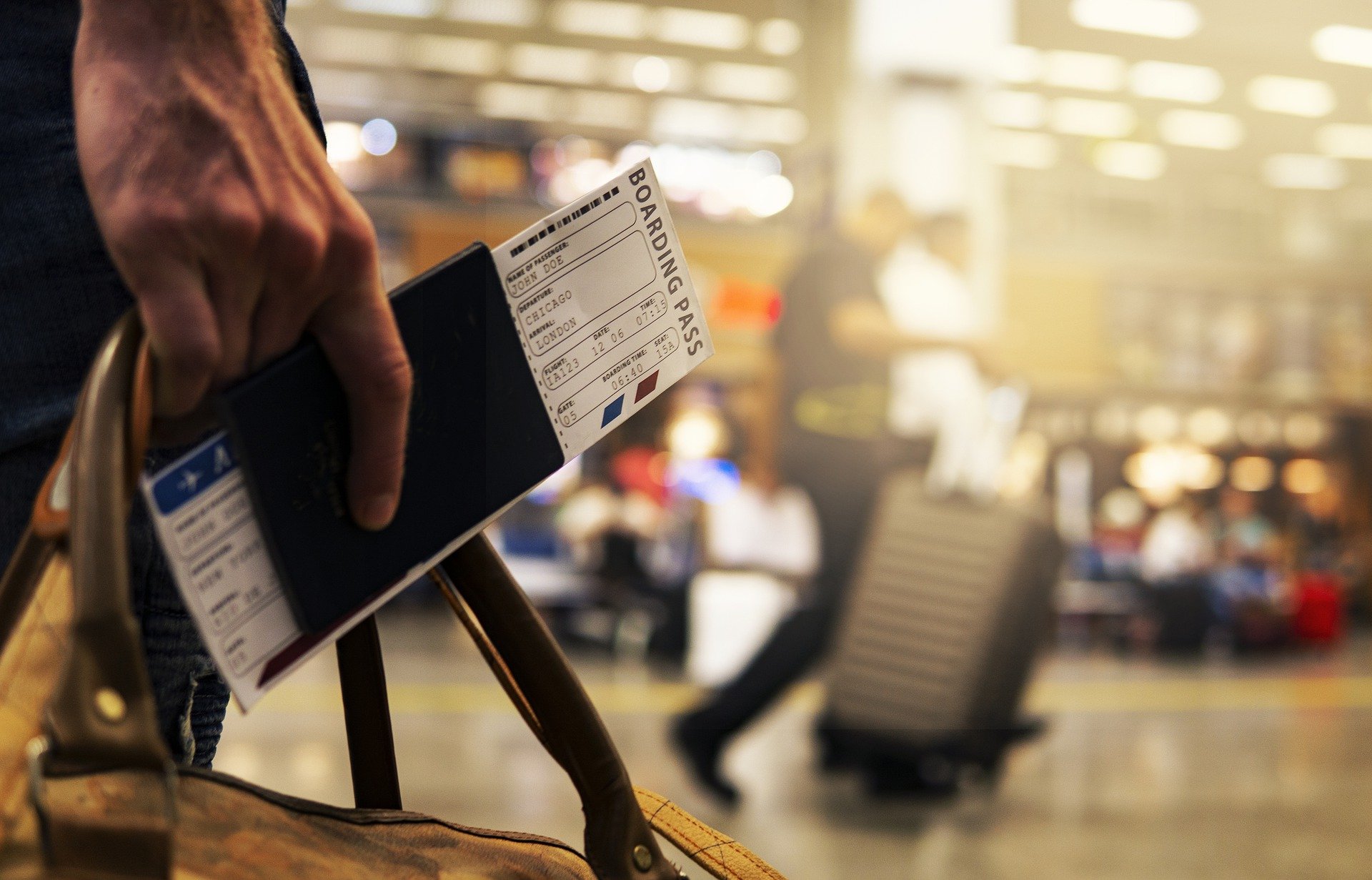Foreign transaction fees are charged by credit card issuers or banks on any transactions abroad or with a foreign vendor. They’re typically listed in the terms and conditions of your contract. Foreign transaction fees range from 1% to 4% and can quickly add up if you make big purchases. A foreign transaction fee comprises a currency conversion fee and an issuing bank fee. More often than not, they’re assessed as a single charge to your credit card statement per purchase.
Are you paying too much? Foreign transaction fees might seem inevitable and part of the cost of doing business. However, they can leave your business with significant credit card bills.
Here’s how you can avoid unnecessary foreign transaction fees.
1. Find A Credit Card That Doesn’t Charge Foreign Transaction Fees
Using a business credit card no foreign transaction fee can help decrease your costs. When you make purchases outside the UK, you don’t incur a fee each time you swipe your card. Every systemically important bank offers at least one card without foreign transaction fees, but often requires good credit for approval. If you’re unsure where your credit score stands, get a peek at your report by registering on Experian, the UK’s largest credit reference agency. Whether travelling internationally or buying something online, have a business credit card that doesn’t charge foreign transaction fees.
2. Be Prepared by Having a No Foreign Exchange Fee Bank Account
Some merchants may charge additional fees on purchases made with credit cards, or they may not take credit card payments at all. If you’re travelling for work, ensure your bank doesn’t charge additional costs for transactions made outside the card’s currency or region of use. You can avoid foreign transaction fees by opening the right bank account, which doesn’t penalise you for making purchases abroad or charge fees for withdrawing cash. A new wave of banks now offer accounts that minimise costs to almost zero.
3. Verify Fees Before Using an International ATM
Avoid using foreign ATMs, no matter what type of credit (or debit) card you have, as you might end up paying obscene fees. Do your homework and plan. If your bank or credit union charges a fee every time you withdraw cash from the ATM, you’ll have used up all your money in no time. The costs can be easily avoided by using an ATM belonging to another network member, or a bank that refunds your ATM fees. You can expect reimbursement for your ATM fees once each month.
4. Consider Converting Your Currency Before Travelling
When planning your trip, figure out how much you plan to spend and how much cash you’ll need. If you’re considering a journey to a place where the pound sterling is strong, lock in the favourable exchange rate by booking a hotel, rental car, or other services. Equally, convert cash ahead of the trip so you can do transactions in the destination currency instead of converting that price into pounds sterling. If you opt to pay in your home currency, you’ll know how much things cost you.
5. Use An International Banking App
Carrying a wad of cash isn’t a good idea, especially if you’re away from home. You can use a mobile app like Revolut to avoid high fees on the exchange rate. You can add money to your account via your card or bank account. Knowing how much foreign currency you can get will help you budget and make savvy investment decisions. Unlike other banks, Revolut allows you to open an account with no paperwork, so you can open a sterling (or euro) account in less than a minute.
All in all, credit cards are the most convenient option for international transactions. Use your business credit card to pay for hotel stays or smaller transactions. Depending on what card you have, you might be able to leverage higher reward rates on purchases in eligible spend categories.
